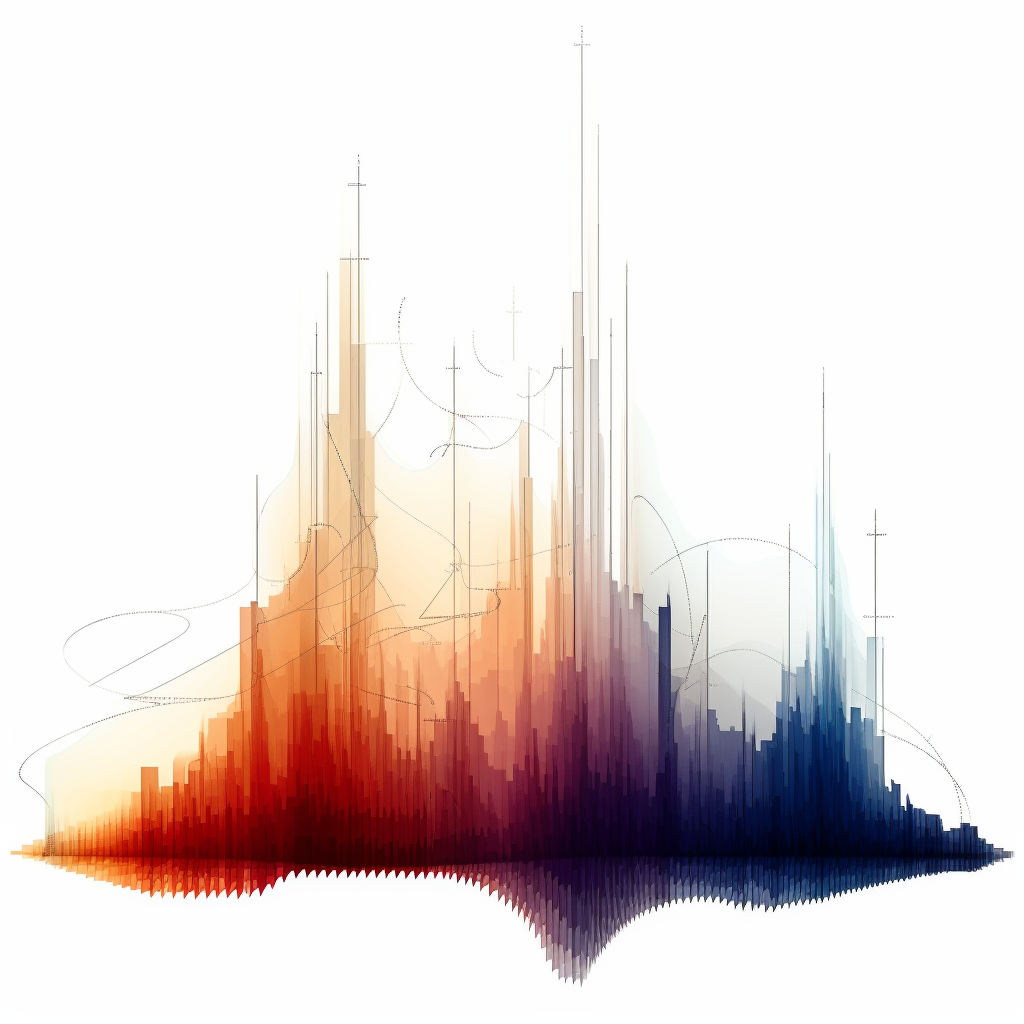The Paradox of Loving Judgement
We live in a world that is increasingly inclined to advocate for non-judgment. “Don't judge me,” we plead. “Don't judge others,” we counsel. This perspective finds its roots in a sincere attempt to promote tolerance, compassion, and understanding, and it is, undoubtedly, a worthy aspiration. But as we venture down this path, it's important to unpack a seemingly paradoxical premise: that to truly move beyond judgment, we must first not judge 'judgment' itself.

Judgment, at its most basic level, is the capacity of the mind to assess information and make decisions or draw conclusions based on that information. It is a fundamental human trait, one that has allowed us to survive and thrive as a species. But just as fire can either warm a home or burn it down, judgment can either create understanding or propagate division.
From a philosophical standpoint, Immanuel Kant argued that judgment was not simply an adjunct to reason, but a unique faculty in its own right. He championed judgment as the mechanism that bridges the divide between pure understanding and practical reason, thereby enabling us to navigate our shared reality. If we shun judgment entirely, we risk disengaging from this critical cognitive function.
Spiritually, too, judgment has a role. It is not, as often misconstrued, antithetical to spiritual wisdom. In fact, many esoteric traditions emphasize 'discernment,' a refined form of judgment that differentiates between higher truths and lesser truths, between the soulful and the superficial. From the Christian mystics to the Buddhist monks, the Sufi dervishes to the Kabbalist sages, discernment is key to spiritual growth.
But what about judgment that is harmful, that leads to prejudice and condemnation? It is here that our non-judgmental paradox comes into play. We must learn not to judge judgment, but rather to understand it. Understanding leads to transformation, while outright rejection merely leads to repression.
To condemn judgment as wholly bad is, paradoxically, a judgment in itself - an oversimplified dichotomy that mirrors the very behavior it seeks to overcome. To pass judgment on judgment is to stand on one side of a divide we are trying to bridge, severing our connection to empathy, understanding, and change.
Just as darkness is best understood in relation to light, judgment can only truly be grasped when we understand its opposite - compassion. The Taoist philosophy captures this duality beautifully in the concept of yin and yang, each containing a bit of the other, together forming a complete whole. In judging, we separate; in compassion, we connect. But without the ability to judge, we may not be able to fully appreciate the power of compassion.
Instead of admonishing judgment, we could view it as a tool that needs mastery. We must learn to judge judiciously, to utilize our discernment to tell truth from falsehood, and to make distinctions that serve our growth and the well-being of others.
In essence, the paradoxical lesson is this: do not reject judgment, but understand it, refine it, and use it wisely. Embrace the paradox that to move beyond judgment, we must first accept it. And in doing so, we might just find that we're not so much moving beyond judgment as evolving it. We are not discarding a tool but learning how to use it with skill, compassion, and wisdom.
As we journey on this path, the spiritual truth of interconnectedness becomes ever more apparent. In the beautiful mosaic of humanity, our shared understanding and acceptance of 'judgment' could serve as the mortar binding us together, rather than the hammer that breaks us apart. We find that we are not just transcending judgment but transforming it into a gateway of compassion, wisdom, and profound connection.

